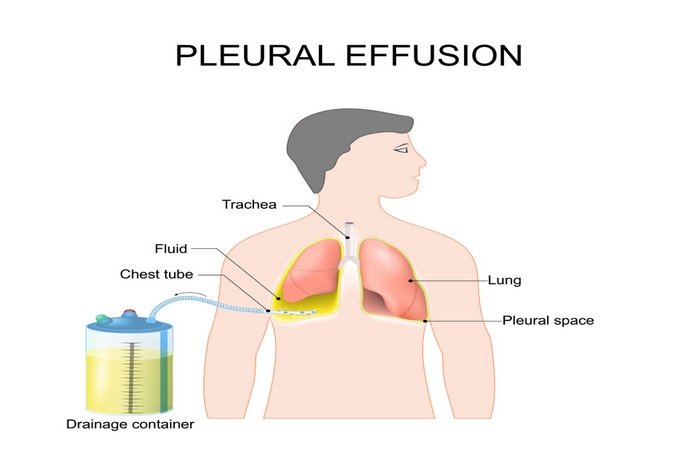Complications Of Mesothelioma

As the tumor cells grow on the lining of the lungs and affect the function of lungs adversely, thus leading to the worsening of the symptoms of mesothelioma. The symptoms such as pleural effusion and shortness of breath get worse and turn into respiratory complications. The respiratory complications indicate the severity of the tumor growth and spread in the patient. As the mesothelioma progresses to the later stages of cancer, the respiratory complications become highly common among the pleural mesothelioma patients. The complication of respiration resulting in the mesothelioma patients might be due to certain treatments, including chemotherapy, radiation therapy, and the surgery to treat mesothelioma.
However, there are no specific measures that mesothelioma patients can take to reduce or even avoid the risk of complications of mesothelioma to occur. Still, they can stick to a proper treatment plan to limit the complications arising. There are some approaches or measures which help avoid or limit the complications of mesothelioma, which includes supplemental oxygen, breathing exercises, and surgical palliative procedures. The use of proper surgical procedures in the later stages of mesothelioma patients can help ease the symptoms and subsequently improve the quality of life for the patient.
It is also necessary for the patient to report any changes in the functionality of the lungs or severity of the chest pain and any other symptoms to their doctor to catch any respiratory complications on time. Some of the commonly occurring complications of mesothelioma include:
Pleural effusion
The build-up of fluid in between the layers of the pleural lining is known as pleural effusion, and this accumulation of excess fluid puts pressure on the lungs and ultimately leads to breathing difficulties. Almost 90% of the patients with pleural mesothelioma suffer from pleural effusions in the later stages of their disease. It is very important to receive proper treatment for pleural effusion by draining the fluid from the pleural spaces to ease the breathing and limit the pressure on the lungs to avoid any further damage.
